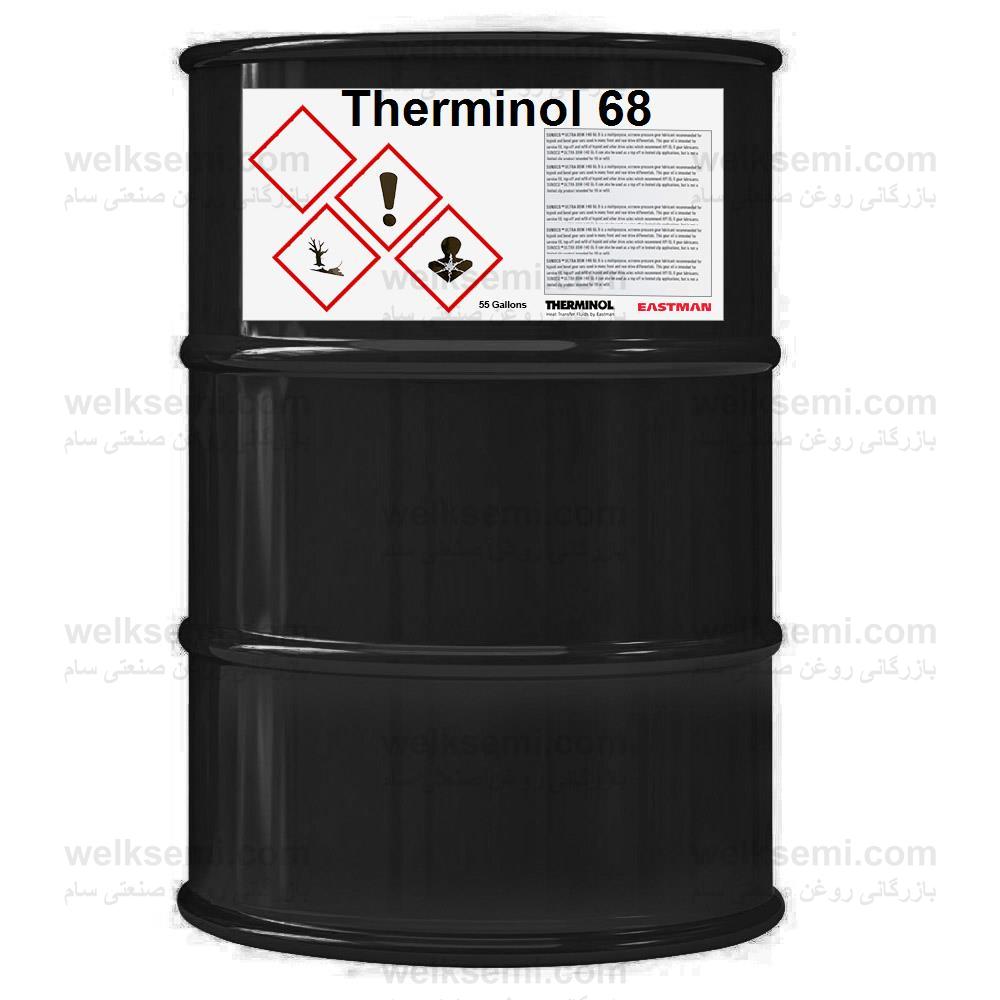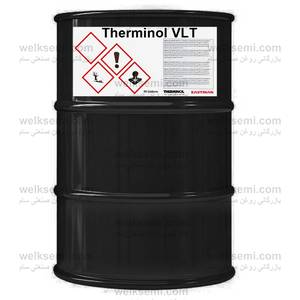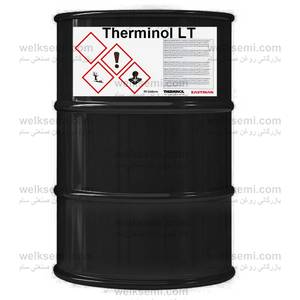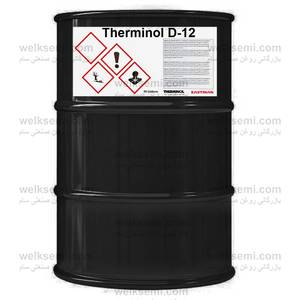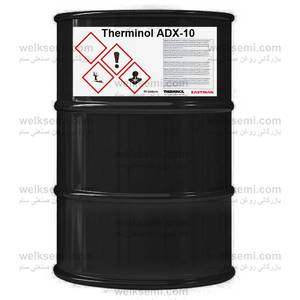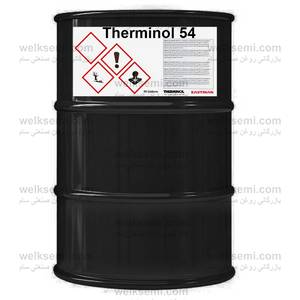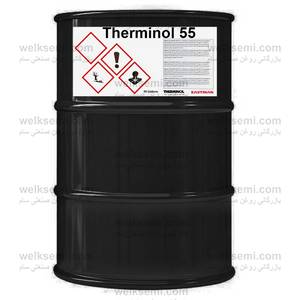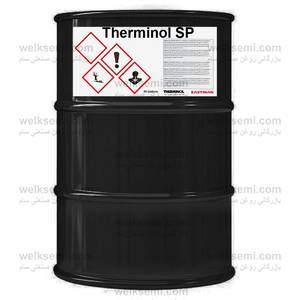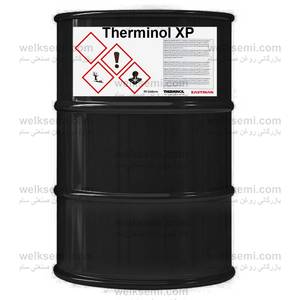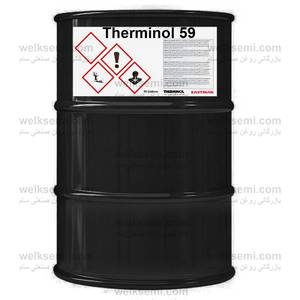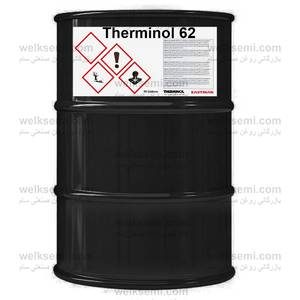Introduction to Therminol 68
Therminol 68 is a synthetic heat transfer fluid known for its excellent thermal stability and high heat transfer efficiency. It is widely adopted in various industrial sectors such as chemical processing, food and beverage, and renewable energy applications. This article provides an exhaustive overview of Therminol 68, covering its features, benefits, and use cases.
The unique formulation of Therminol 68 allows it to operate at elevated temperatures without degrading. It can handle temperatures up to 315°C (600°F). Its stability makes it a preferred choice for systems that require consistent thermal performance.
Applications of Therminol 68
Therminol 68 is suitable for a multitude of applications. Industries often use it in solar thermal systems, where optimal heat transfer is essential. In food processing, it serves as a reliable fluid for heating and cooling processes, ensuring product quality.
The industrial sector benefits greatly from Therminol 68 in heat exchangers and process heating systems. Its high boiling point and low vapor pressure ensure safety and efficiency in operations.
Benefits of Using Therminol 68
One of the primary advantages of Therminol 68 is its **thermal stability**. It maintains its properties even under harsh conditions. This feature reduces the need for frequent fluid replacement.
Another important benefit is its **non-corrosive nature**, which extends the lifespan of the equipment it circulates through. Furthermore, Therminol 68 is designed to minimize energy losses, leading to cost savings in long-term operations.
Properties of Therminol 68
Therminol 68 boasts several distinctive properties that make it stand out in the market. Its specific heat capacity is optimized for maximum heat transfer efficiency, ensuring rapid thermal response and stable operation.
The fluid also exhibits **excellent viscosity characteristics**, which contribute to its performance in dynamic systems. The low viscosity at elevated temperatures facilitates easier circulation through pumps and pipes.
Therminol 68 vs. Other Heat Transfer Fluids
When comparing Therminol 68 to other heat transfer fluids, it becomes evident that it excels in several areas. For instance, many conventional fluids face stability issues at high temperatures or produce harmful decomposition products.
On the other hand, Therminol 68 is remarkably stable and does not generate harmful degradation products, making it a **safer choice** for a wide range of applications. This characteristic is critical in food processing and pharmaceutical production, where contamination must be avoided.
Safety Considerations for Therminol 68
Safety is paramount in any industrial application, and Therminol 68 offers several features that enhance its safety profile. The material safety data sheet (MSDS) for Therminol 68 indicates low toxicity levels, which ensures that employees are safeguarded during usage.
Additionally, the fluid is **non-flammable**, thereby reducing the risk of fire hazards. Proper handling and storage according to the supplied guidelines will further ensure safety in operational environments.
Maintenance of Systems Using Therminol 68
The maintenance of systems utilizing Therminol 68 is relatively straightforward due to its stability. Regular monitoring of the fluid’s quality is necessary, but the long replacement intervals help minimize downtime and maintenance costs.
Routine inspections and adherence to recommended maintenance schedules can ensure that systems operate effectively, maximizing the benefits of using Therminol 68.
How to Buy Therminol 68
Purchasing Therminol 68 is an uncomplicated process, as it is widely available through various chemical suppliers and distributors. It's advisable to seek out reputable suppliers who specialize in industrial-grade heat transfer fluids.
Before placing an order, verify the specifications and ensure that the product meets your particular needs. Bulk purchasing options may be available for larger operations, which can lead to cost savings.
Specifications of Therminol 68
Therminol 68 has several key specifications that users should be aware of. It has a **high boiling point** of 315°C (600°F) and a **low freezing point** that ensures fluidity in various temperature ranges.
Additionally, the density, viscosity, and specific heat are all optimized for efficient heat transfer, making Therminol 68 an ideal choice for demanding applications. Understanding these specifications can aid in selecting the right fluid for different systems.
Technical Information About Therminol 68
For engineers and technical personnel, understanding the detailed technical information of Therminol 68 is crucial. This product has undergone extensive laboratory testing to ensure that it meets industry standards for quality and performance.
Cross-reference the technical data sheets for Therminol 68 to gain insights into its thermal conductivities, stability characteristics, and compatibility with system materials. Such knowledge is invaluable when designing and installing a heat transfer system that utilizes this fluid.
